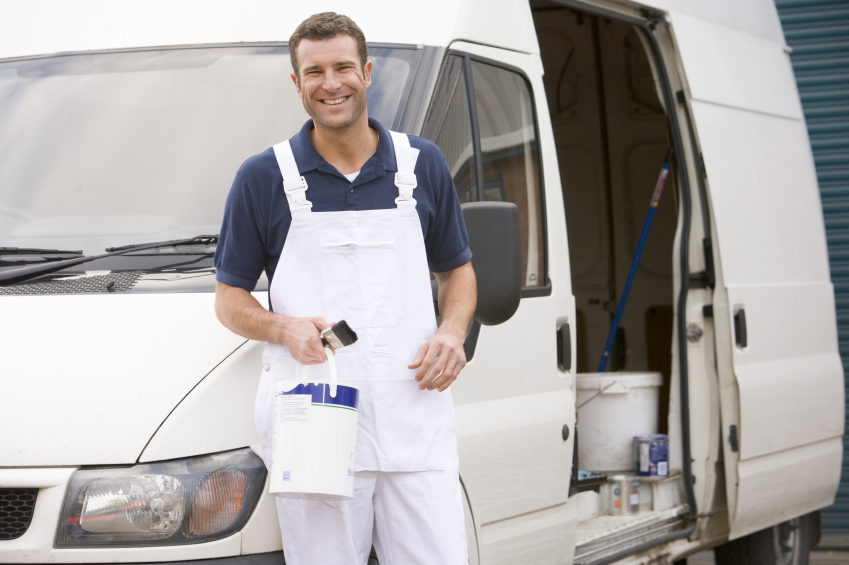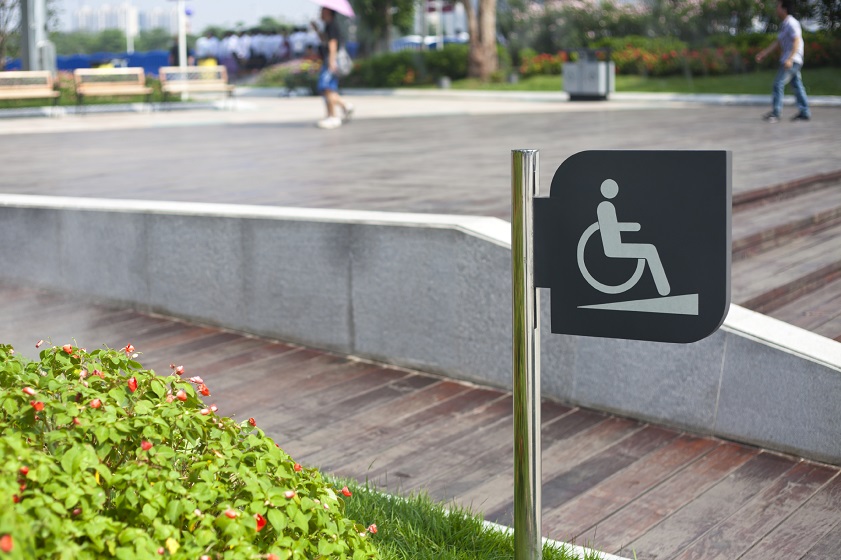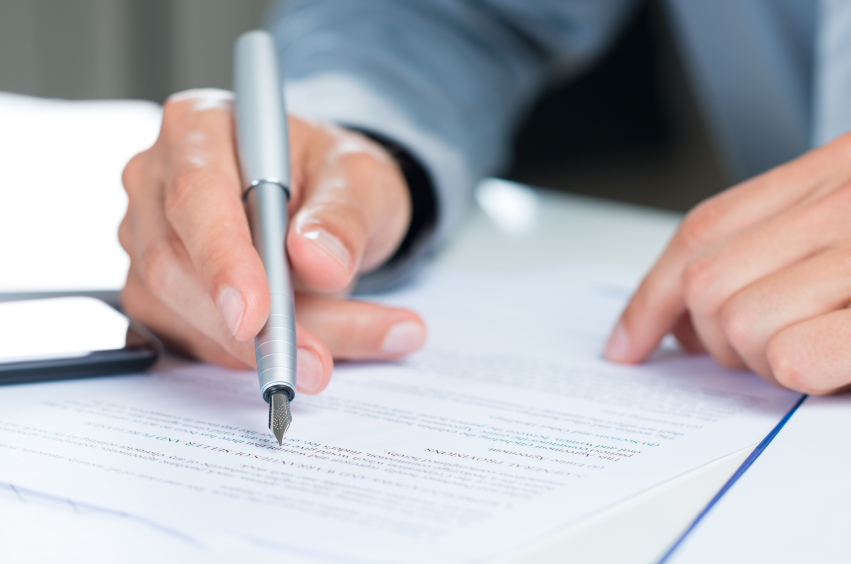Aussies just love the water – whether it’s heading up river to do a spot of fishing, taking the speedboat out on the lake for skiing, or sailing out through the heads. Whatever calls you away from solid ground, keep a sure footing with the right boat safety equipment.
Legal safety requirements for recreational boats and personal watercraft vary depending on the size of the boat, conditions and location. While specifics may vary from state to state, the basic essentials are the same.
What’s required
- Life vests: Topping the boat safety equipment list, life vests must be worn in bad weather, when boating alone or by poor swimmers. One must be provided for each person on board and in suitable sizes – adult jackets are unsuitable for children. There may also be additional life vest requirements, depending on which state you’re in.
- Distress beacon: Emergency Position Indicating Radio Beacons (EPIRB) alert authorities or other vessels of your emergency and location. They’re required for all vessels in remote or high-risk areas and are best kept where they can be accessed easily but not set off accidently.
- Distress flares: This is one of the most effective ways of identifying your exact location if you’re in trouble. Carry at least two red hand flares for day or night use, and at least two orange smoke flares for day use. Store them somewhere with easy access and check the use-by date before setting sail.
- Bilge pump: Required for boats seven metres and over, it removes water from the bilge and can be used to fight on-board fires.
- Fire extinguisher:Both electrical and oil fire extinguishers are recommended. Make sure the latter matches the fuel your vessel uses.
- Lifebuoy: To help you stay afloat if the boat capsizes.
What’s recommended
- Marine radio: For communication with shore stations and other vessels to check weather, make distress calls and notify others of your location.
- Analogue compass: All sea vessels need a reliable marine compass in the event of GPS or electronic equipment failure.
- Oars or paddles: Essential on boats under six metres, they provide a way of propelling the vessel if engine trouble strikes.
- Bottled water: Carry two or more litres of clean drinking water for each person.
- Bailing bucket: To bail water from open bilges or extinguish fires.
- Map and charts:To identify your location, identify offshore reefs and locate shore markings and shoals.
- Anchor: Make sure you have one that’s suitable for your conditions. Sand, rock and coral all require a different type of anchor to hold safely and efficiently without damaging the underwater ground surface.
- Floating waterproof torch: Valuable for navigating, signalling to other vessels, locating items or working inside during a power outage.
- First-aid kit: Add waterproof band-aids to the bandages, antiseptics, etc.
Make sure you know how to operate your safety equipment as you may not have time to read the instructions in an emergency. Also, let everyone on board know what safety equipment is carried, where it’s stored and how it works.
You might also want to know how to keep your boat and trailer safe when you’re on dry land.





